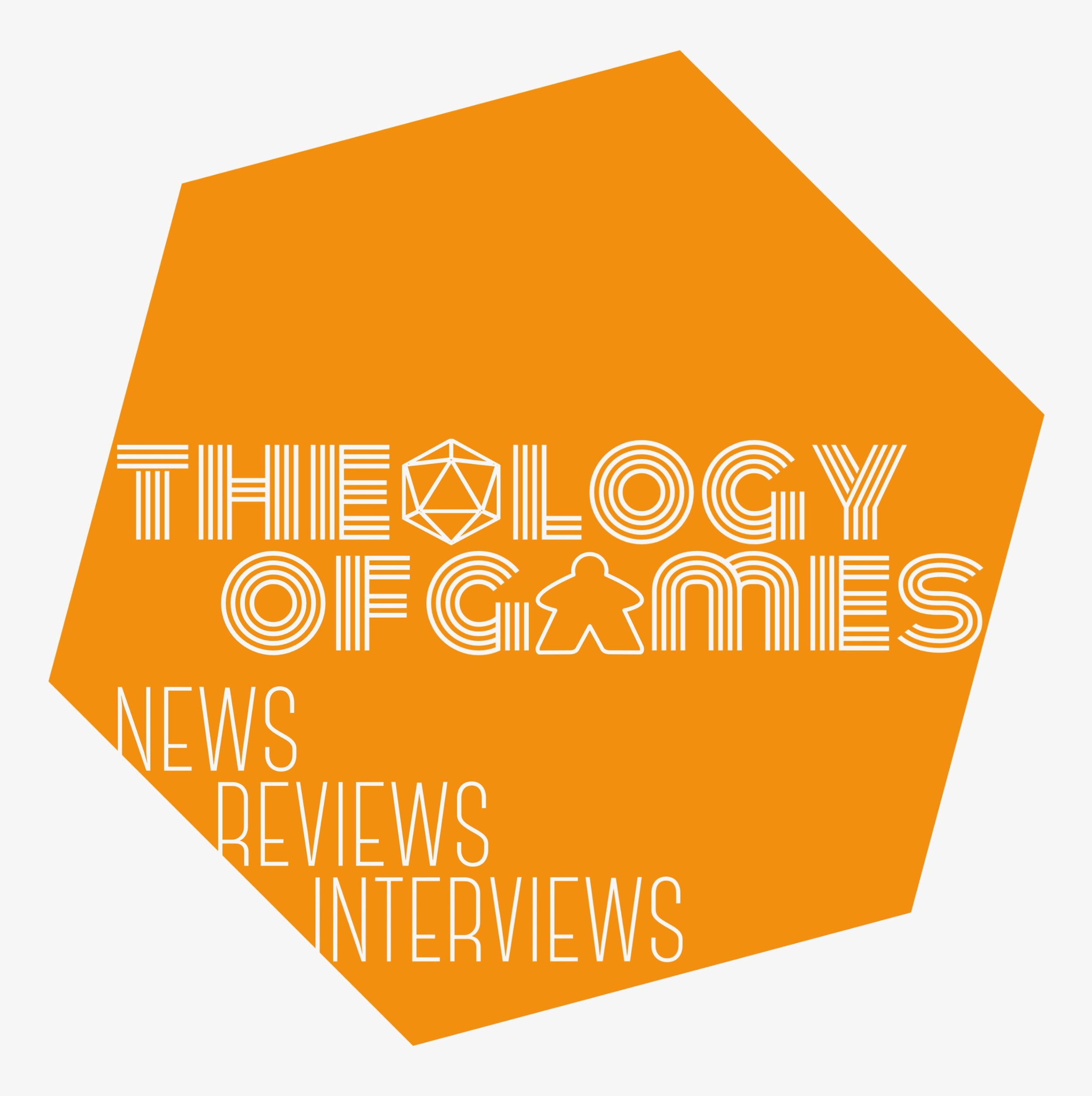I have a regular gaming group, and we’ve been getting together every week for eight years or so. Every once in a while a game comes along that completely captivates us, and it’s all we want to play. Loopin’ Louie did that. Crokinole did that. Dominion did that.
And our latest obsession is a game called The Resistance.
This terrific little card game takes everything that's good about games like Battlestar Galactica, Werewolf, and Mafia and boils them down to a 20-minute gem.
Your team is part of the Resistance—a force that opposes the ruling government. If it’s easier, you can think of it as the Rebel Alliance fighting against the Empire. The problem is that the Empire has planted spies among your rebel forces. The spies know who each other are, but the Rebels have no idea who the spies are—just that they’re among the group.
The game is very abstracted. You’re going on five missions—they might be sabotaging facilities or infiltrating a base. It doesn’t matter and the game doesn’t specify. The point is that the Rebels want the missions to succeed, and the spies want the missions to fail. The first side to have three missions go their way wins.
At the start of the game you randomly choose someone to be Leader. That person will suggest a team to go on the first mission. People will convince and cajole, trying to get the Leader to put people they trust on the mission. But you don’t know if the Leader is a spy and seeding the team with a fellow spy!
Eventually the Leader proposes a team and everyone gets to vote on whether that team goes on the mission. If a majority of the players vote yes, the mission goes on. If a majority vote no—or the vote is tied—that’s a vote of No Confidence in the Leader. The leadership passes to the next player and he or she proposes a new team for the mission. It can happen that it takes a few times to finally land on a team that gets voted through. But the Rebels have to beware; if the vote fails five times on any one mission, the Spies automatically win because the Rebels aren’t organized enough to be effective.
So if the team passes, they go on the mission. This consists of handing out a set of cards to each person going on the mission. One card is a Pass, and the other is a Fail. Players secretly choose one and put it in the middle. Then the Leader shuffles all of the cards so no one knows who played what card, and they’re revealed.
 As long as they’re all Passes, the mission succeeds, but if there’s even one Fail, the mission fails. (During the fourth of the five missions it takes two Fails for the mission to fail, but that’s the lone exception.)
As long as they’re all Passes, the mission succeeds, but if there’s even one Fail, the mission fails. (During the fourth of the five missions it takes two Fails for the mission to fail, but that’s the lone exception.)
Whether the mission fails or succeeds, you now have a bit more information. Those three people went on a mission that failed, so at least one of them must be a Spy. But who? That’s the vanilla game, and in the vanilla game the Spies win A LOT. SO the fine people at Indie Boards and Cards included some Plot Cards, which are meant to even things out a bit. Some of the plot cards force people to show another player their Role card (which reveals whether they’re a Spy or not). This creates great tension. Is the person a Spy? Did they show their card to another Spy so they wouldn’t be revealed?
The Spies are trying to sew seeds of confusion, throw people off the scent, or even (and this one of my favorite tricks), throw your fellow Spies under the bus after they’re served their purpose, which makes you seem trustworthy. Then you stab the Rebels in the back later. In my opinion, it’s much more fun to play as the Spies.
It’s definitely worth noting that the game involves lying. Keep an eye out for a short article where I discuss the role of lying, and the internal struggle I have with it. This is a fantastic game to play with a youth group, just be aware that you’re kind of encouraging deception.
This is easily my most-played game of all time. I can’t see it ever growing old.
We’re going to be giving away a copy of this great game, so stay tuned to see how you can get your own copy! And thanks for reading!
 We shared news of the interesting-looking Space Sheep, a real-time customizable cooperative game from Stronghold Games.
We shared news of the interesting-looking Space Sheep, a real-time customizable cooperative game from Stronghold Games.



















